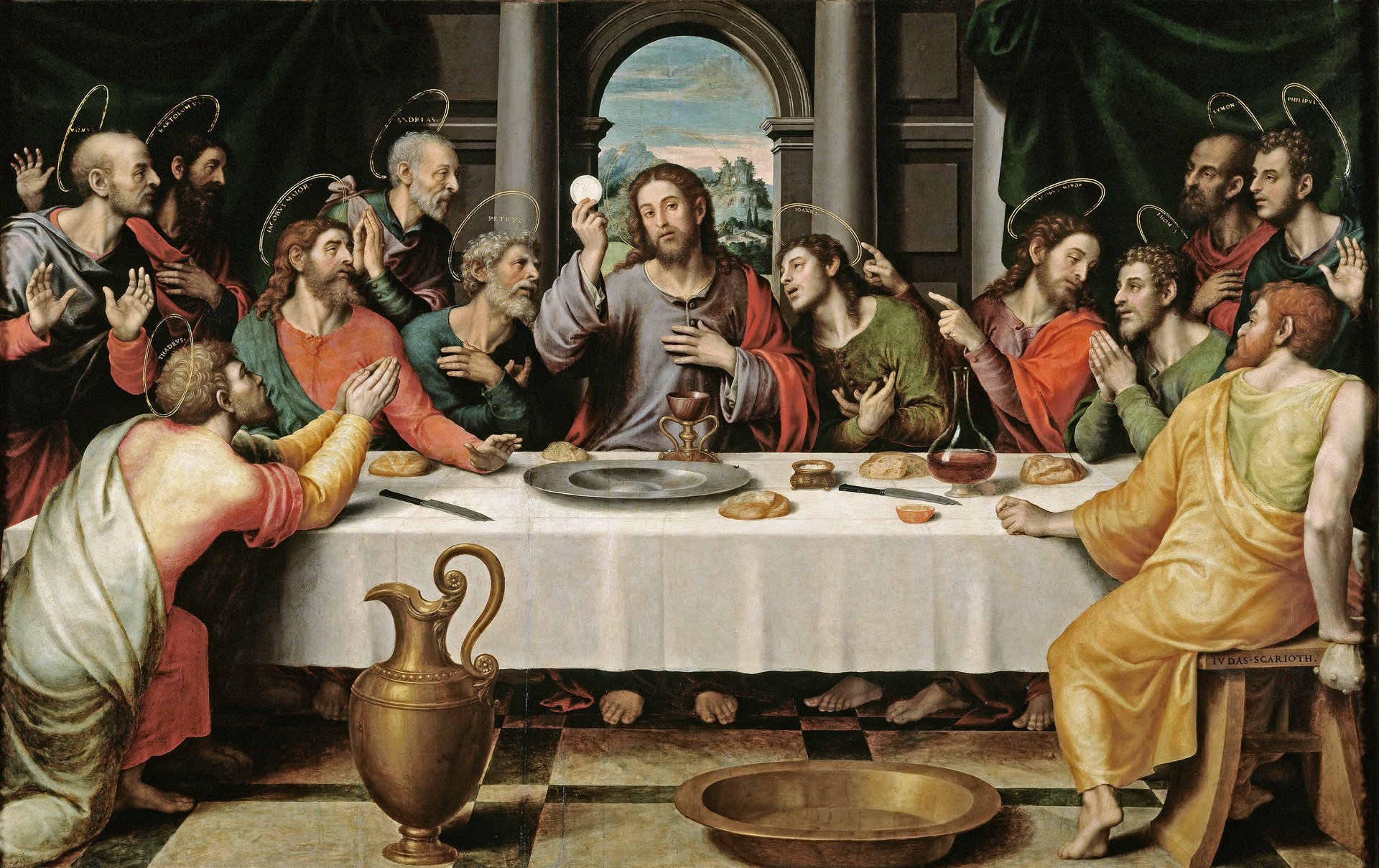The Vatican says gluten-free Catholicism isn’t kosher
The Catholic Bishops Circular—a Vatican publication—is generally read by clergy members and no one else. But last month, one particular letter published in the church circular drew much attention. The Lettera sul pane e il vino per l’Eucaristia addressed the tricky question of gluten-free communion wafers, a point of contention.


The Catholic Bishops Circular—a Vatican publication—is generally read by clergy members and no one else. But last month, one particular letter published in the church circular drew much attention. The Lettera sul pane e il vino per l’Eucaristia addressed the tricky question of gluten-free communion wafers, a point of contention.
Don’t mess with the Eucharist

The letter was backed by the pope’s authority and reminded clergy members of their important duty “as principal dispenser of the mysteries of God” to ensure the quality of the Eucharist (also known as the Lord’s Supper or Holy Communion).
The Eucharist commemorates Christ’s last supper before crucifixion. Saint Paul describes it in his First Epistle to the Corinthians in the New Testament, written around 50 AD: “the Lord Jesus, the same night in which He was betrayed, took bread, and when He had given thanks, He broke it and said, ‘Take, eat; this is My body which is broken for you: this do in remembrance of Me.”
In the Catholic tradition, church attendants receive a small, unleavened wafer, known as “the host,” and wine. These are blessed by a priest. When consecrated, the bread and wine transubstantiate, becoming literally the body and blood of Christ.
The gluten-free communion conundrum

Communion is a big deal. You don’t just mess with the recipes for this holy meal. The wafer—known also as “the host”—is, traditionally, made with pure wheat. In other words, the host is not free of gluten, a protein found in barley, rye, and, of course, wheat. That means Catholics with celiac disease—an allergy to gluten—can’t consume the body of Christ without having a bad physical reaction (not deadly, but how bad depends on how much wheat in the host and how severe the allergy to gluten).
The church admits to losing control of the communion wafer market; hence the issuance of the letter. Eucharist materials are no longer made by religious communities necessarily but are “sold in supermarkets and other stores, even over the internet.” For example, CM Almy in Maine—which describes itself as “purveyor to church and clergy since 1892″— sells gluten-free communion wafers online. These, the church, makes clear, are not acceptable host recipes.
The rules haven’t changed

The letter reminds the guardians of liturgical life that there is nothing new about this rule on gluten. The letter was a mere reiteration of a discussion in the 2004 “Instruction” titled Redemptionis Sacramentum.
There, the Vatican explained that the wheat question is not negotiable, saying any recipe mixed with something else to the extent “it would not commonly be considered wheat bread” is verboten as a host. Also, any culinarily creative Catholics considering baking wafers should note that it’s a “grave abuse to introduce other substances.” No fruit, sugar, or honey in the host.
But the Catholic Church is (somewhat) flexible

The letter did, however, give clergy members some leeway to accommodate Catholics with gluten allergies: while a gluten-free host is a no-no, a low-gluten wafer may be considered kosher for communion—though no specific recipes were offered.
Again citing precedent, this time its own 2003 discussion, or the “Circular Letter to the Presidents of the Episcopal Conferences regarding legitimate variations in the use of bread with a small quantity of gluten and the use of mustum as Eucharistic matter,” the Vatican noted that as long as the process and content aren’t altered substantially, Catholics can have specially-made wafers.
What is mustum?

In addition to the gluten issue, there was brief mention of substitutions for wine that would allow alcoholics to consume the blood of Christ while also maintaining sobriety. The appropriate substitution for wine, the church said, is mustum, an unfermented, unaltered grape juice of Eucharistic purity.
An international action plan

The Vatican suggested the adoption of a certification process for communion-wafer makers to ensure the purity of products. First, it would have to establish norms at the Episcopal Conference and designate an authority to oversee the process; then each country’s church organizations would have to come up with local plans. Presumably, this would work like certification for kosher and halal food, with various religious bodies in different locales set up to certify anyone manufacturing religious items there—the certification would serve as a seal of approval and lack thereof would indicate to consumers that the items aren’t church-approved.
Returning God to the center of Catholicism

Cardinal Robert Sarah of Guinea penned the gluten letter. He believes instituting standards is necessary “given…a decrease in respect for the sacred.” Sarah is considered conservative, even for Catholic clergy. The cardinal was chided in the National Catholic Reporter in April for claiming in a “harsh” speech for a church colloquium in Germany that Catholicism is in crisis because its “center is no longer God and the adoration of Him, but rather men.”